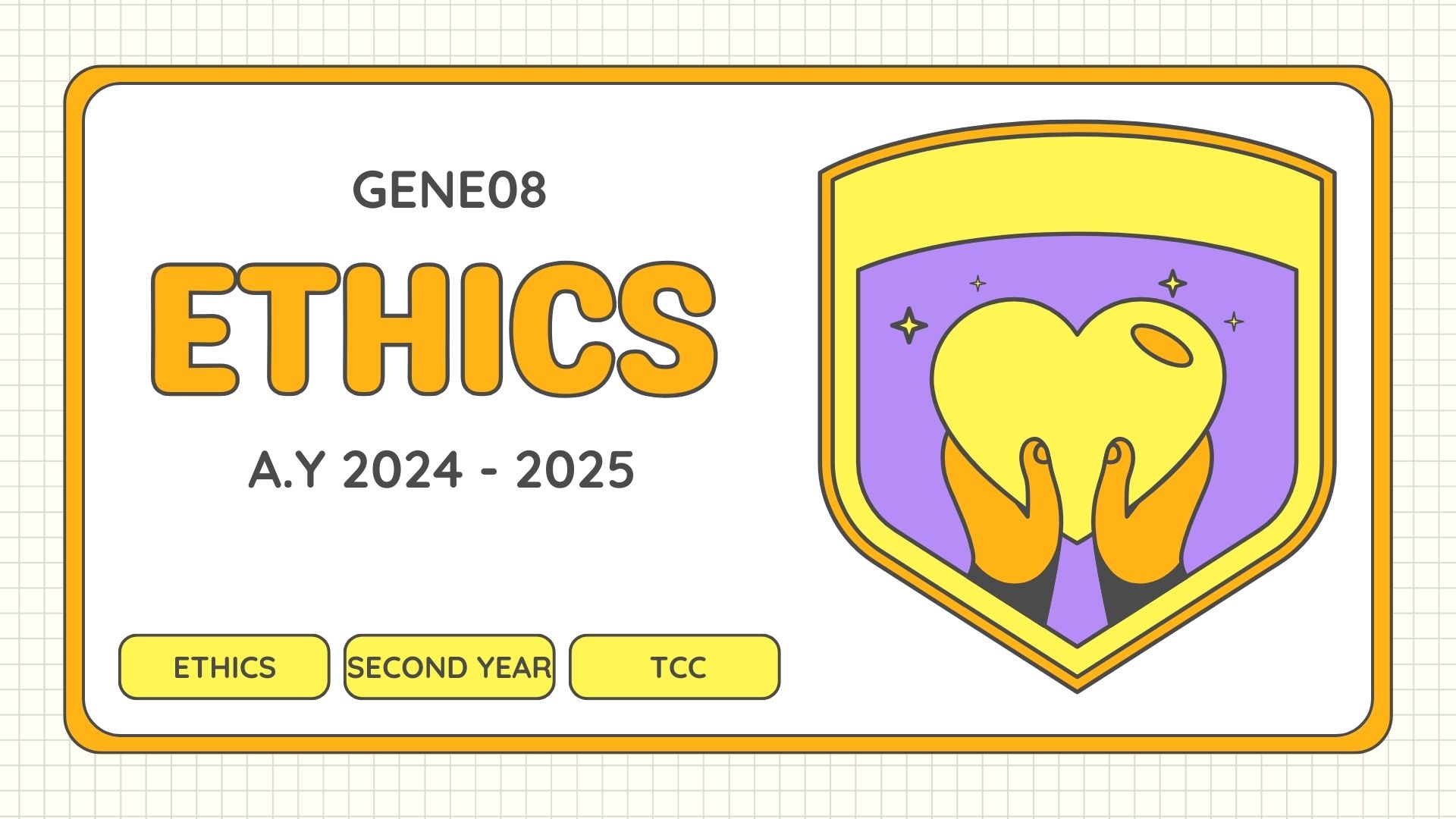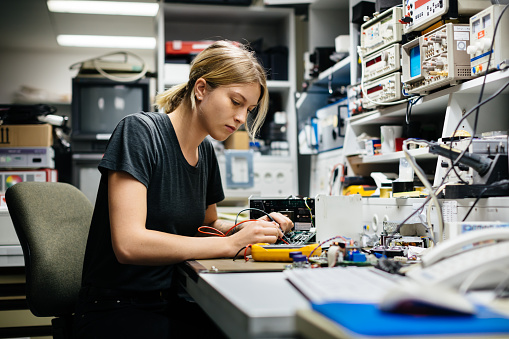
English Language Proficiency
This course aim to improve the
English Language Proficiency of college freshmen by learning critical grammatical
structures necessary for communication functons such as narrating, describing,
giving directions, etc.and to acquire adequate vocubulary needed for academic
study. The learner will master fundamental grammar concepts and apply this
knowledge to written documents, oral speaking skills and the end of course
requirement.

Research Methods in PA1
This course provides with important concepts of methods of research covering the design, data collection, statistical application and development of research instrument. This also requires the students to prepare a research proposal which includes introduction, significance of the research, methodology and the timeline of the study.
The proposal will serve as a basis for Research Methods in PA2.
SOSYEDAD AT LITERATURA/PANITIKANG PANLIPUNAN
Ang
SOSLIT ay isang kurso sa pag-aaral at paglikha ng panitikang Filipino na
nakatuon sa kabuluhang panlipunan ng mga tekstong literari sa iba’t ibang
bahagi ng kasaysayan ng bansang Pilipinas. Sinasaklaw nito ang mga isyung panlipunan
na tinalakay ng mga akdang Filipino tulad ng kahirapan, malawak na agwat ng
mayayaman at mahirap, reporma sa lupa, globalisasyon, pagsasamantala sa mga
manggagawa, karapatang pantao, isyung pangkasarian, sitwasyon ng mga pangkat
minorya at/o marhinalisado, at iba pa.

ETHICS
|
This subject deals with principles of ethical behavior in modern society at the level of the person, society, and in interaction with the environment and other shared resources. Morally pertains to the standards of right and wrong that an individual originally picks up from the community. The course discusses the context and principle of ethical behavior in modern society at the level of individual, society and in interaction with the environment and other shared resources. The course also teaches students to make moral decisions by using dominant moral frameworks and by applying seven step moral reasoning model to analyze and solve moral dilemmas. The course is organized according to the three (3) aim elements of the moral experience: (a) agent, including context – cultural, communal, and environmental;(b0 the act; and (c) reason of framework ( for the act) |

RIZAL'S LIFE AND WORKS
The course studies the life and works of Jose P. Rizal and their influence and relevance in contemporary Philippines society. It aims to deepen and to strengthen the students sense of nationalism by making he fully realize her worth as a Filipino.

Basic Electrical Technology - ETRI01
It
deals with the basic electrical laws and theorems, operations and testing of
various electronic components, deirected toward the construction and repair of
electronic circuit and operation utilization and testing of instrument.
